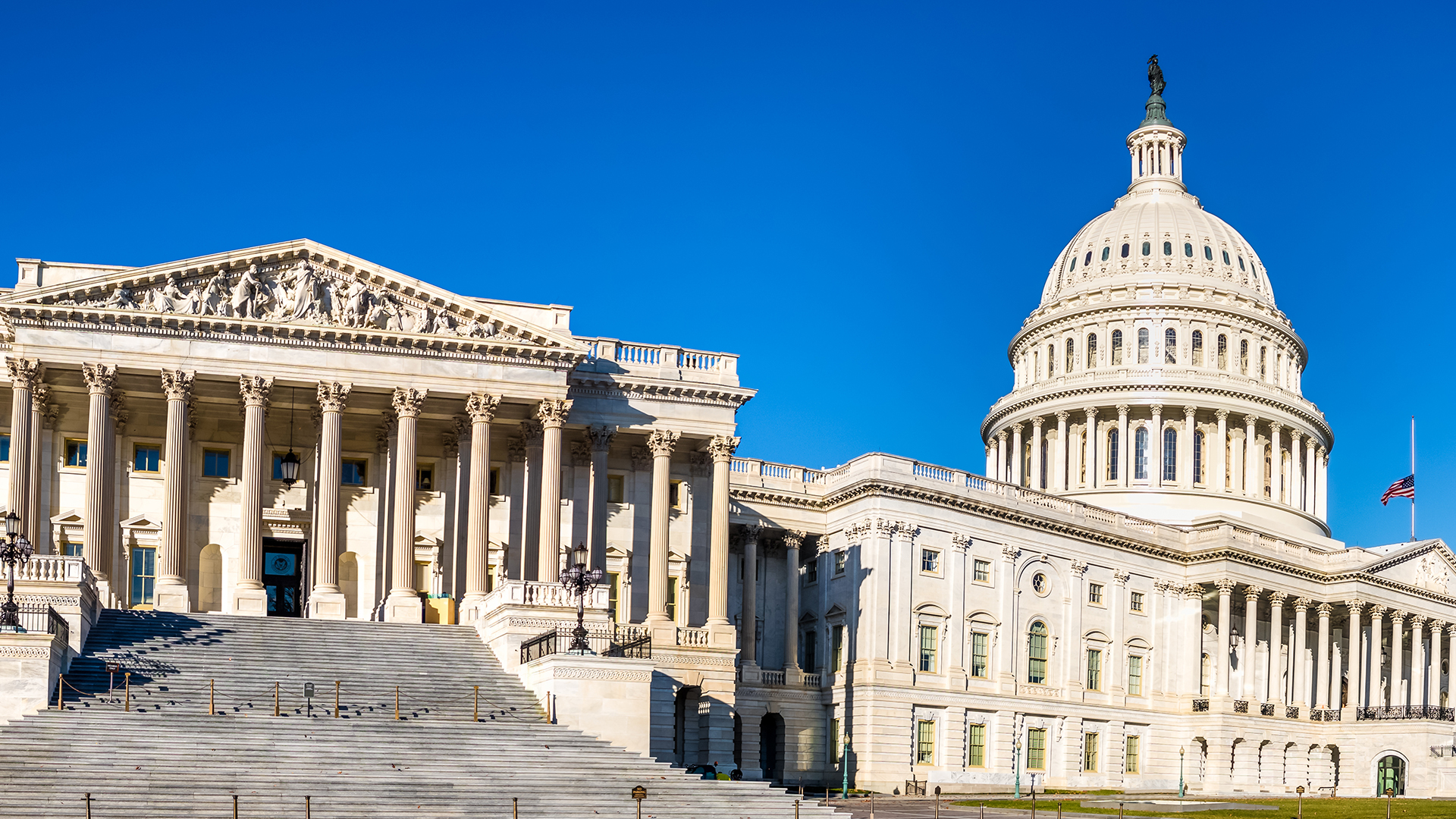The Coronavirus Aid, Relief and Economic Security Act (“CARES Act”) contains a number of tax provisions intended to provide relief for individuals, families, and businesses facing the COVID-19 pandemic.
Tax relief for businesses
The CARES Act contains a number of tax provisions designed to provide immediate liquidity for businesses. Those are:
Payroll Tax Deferral: Employers and self-employed taxpayers will now be able to defer payment of employer payroll taxes, including the 6.2 percent Social Security tax on employee wages, for up to two years. If the employer or self-employed individual defers payment of payroll taxes, half of such taxes will be due on December 31, 2021, with the remaining half due on December 31, 2022.
Employee Retention Credit: Employers will be allowed a refundable credit against employment taxes for 50 percent of the “qualified wages” paid by the employer to its employees. This credit will apply only to the first $10,000 of compensation, including health benefits, paid to or earned by an employee from March 13, 2020 through December 31, 2020. Employers must meet one of the following tests to qualify for the credit:
- The employer’s operations are fully or partially suspended during the quarter as a result of a COVID-19 order limiting commerce, travel, or group meetings.
- The employer’s gross receipts have declined by more than 50 percent of the gross receipts for the same quarter in the prior year.
If the employer has more than 100 full-time employees, “qualified wages” will include wages paid to employees who are unable to work as a result of a COVID-19 closure. If the employer has 100 or fewer employees, “qualified wages” will include all wages regardless of whether the employer is still open for business or temporarily shut-down pursuant to a governmental order.
Net Operating Losses (NOLs): NOLs from 2018, 2019, and 2020 are allowed to be carried back five years from the year of such loss to reduce income from earlier tax years. NOL carrybacks were previously largely eliminated by the Tax Cuts and Jobs Act. Further, the 80 percent taxable income limitation on net operating loss carryovers is temporarily suspended, thereby allowing such losses to fully offset income.
Pass-Through Excess Loss Limitation: The Tax Cuts and Jobs Act imposed limitations on the deductibility of excess losses from a pass-through business against non-business income. This limitation is suspended for 2018, 2019, and 2020.
Interest Expense Deduction Limitation: Although businesses are allowed to deduct interest expense, this deduction was previously limited to 30 percent of adjusted taxable income. This limitation is loosened to 50 percent of adjusted taxable income for 2019 and 2020.
Qualified Improvement Property: Businesses may now immediately write off improvements on certain qualified property instead of depreciating such improvements over the 39-year life of the property. This is a long-anticipated technical correction to the Tax Cuts and Jobs Act, correcting a drafting error that excluded qualified improvement property from bonus depreciation treatment.
Corporate AMT Credits: Corporations may now quickly access their alternative minimum tax (AMT) credits. The Tax Cuts and Jobs Act had these remaining credits refundable over a period of years ending in 2021.
Charitable Contributions: The corporate charitable contribution limit is increased to 25 percent of taxable income, up from 10 percent. The charitable contribution deduction limit for food is increased to 25 percent.
Excise Tax Waiver for Alcohol Used to Produce Hand Sanitizer: For 2020, no excise tax will be imposed upon any distilled spirits used or contained in hand sanitizer.
Tax relief for individuals and families
The CARES Act also contains a number of tax provisions designed to benefit individual taxpayers and families. Those are:
Cash Payments For Individuals: Individuals and families would receive cash payments of up to $1,200 per person ($2,400 for couples filing joint returns). These payments will increase by $500 for each child. The payments will gradually be phased out for individual taxpayers earning more than $75,000 in adjusted gross income ($112,500 for head of household filers or $150,000 for joint filers). Individual taxpayers earning more than $99,000 in adjusted gross income ($198,000 for joint filers) will not be eligible. Adjusted gross income will be based upon the numbers reported on the taxpayer’s 2019 income tax return, or if the taxpayer has not yet filed a tax return for 2019, the numbers reported on the 2018 income tax return.
Student Loan Repayment Income Exclusion: Employers may contribute up to $5,250 annually toward the employee’s student loans with such payment excluded from the employee’s income. This exclusion from income applies to employer payments made after enactment of the CARES Act and before January 31, 2021.
Charitable Contributions: Individuals who do not itemize their deductions are allowed to deduct up to $300 of cash contributions. Individual taxpayers who itemize can deduct amounts up to 60 percent, up from 50 percent.
Retirement Plans: Individuals can withdraw up to $100,000 from their retirement accounts without paying the 10 percent penalty. The income attributable to such distributions is taxed over a period of three years, unless the taxpayer recontributes the withdrawn funds to an eligible retirement plan during those three years. The CARES Act also provides for a temporary waiver of the minimum required distributions for certain retirement plans and accounts. Generally, an employee is required to start taking annual distributions in the calendar year after he or she attains age 70½. This requirement is now waived for distributions that would otherwise be required in 2020.




